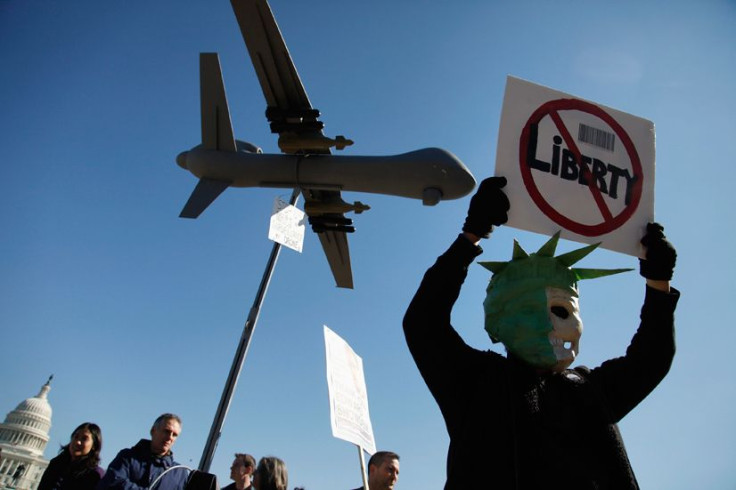Judge's Wikipedia Page Vandalized After Ruling In Favor Of NSA Surveillance

The National Security Agency on Friday won a court opinion ruling that its tactics of bulk phone data collected on Americans and others worldwide does not violate the U.S. Constitution. Following the decision, vandals began defacing the Wikipedia entry for the district court judge who issued the decision: the Hon. William H. Pauley III.
One vandal protested the decision by changing Judge Pauley’s biography to note that he was a “Terrorist, Enemy of the People, and The Constitution of the United States," first reported by LittleGreenFootball's Charles Johnson.
A second edit, made a couple of hours after the first, changed Pauley’s biography to include that he was “an un-American scumbag who allowed the NSA to continue it [sic] unconstitutional practices.”
The scenario was similar to an earlier controversy, in which an anonymous editor who changed Edward Snowden's Wikipedia page to describe him as a "traitor" instead of a "dissident" turned out to belong to a U.S. Senate computer on Capitol Hill. Neither of the recent vandals targeting Judge Pauley's Wikipedia entry came from government computers -- one of the edits was made from New York and the other from California.
In his ruling, Pauley defended the NSA’s practices with an example of how one 9/11 hijacker may have been stopped with the NSA’s current telephone data-collection methods. The NSA intercepted several calls from terrorist Khalid al-Mihdhar, and mistakenly determined that he was overseas. If the NSA had access to the same data that it now collects, Pauley writes, it would have been able to notify the FBI that al-Mihdhar was a threat living in the U.S.

The American Civil Liberties Union had brought the case before a New York district court to constitutionally challenge the NSA’s methods of collecting Americans’ telephone metadata. Judge Pauley wrote that Americans' Fourth Amendment rights protecting against unreasonable searches are “not absolute,” but subject to “reasonableness.”
Friday’s decision directly conflicts with a December 16 ruling in a Washington, D.C., federal district court, where Judge Richard J. Leon issued a decision that said NSA data collection likely violated Americans’ Fourth Amendment rights. Judge Leon wrote that the practice was “almost Orwellian,” referring to the British writer's classic dystopian novel “1984” that portrayed a society under heavy surveillance.
Conversely, Judge Pauley wrote in his decision that 9/11 “revealed, in the starkest terms, just how dangerous and interconnected the world is. While Americans depended on technology for the conveniences of modernity, al-Qaeda plotted in a seventh-century milieu to use that technology against us … [They] succeeded because conventional intelligence gathering could not detect diffuse filaments connecting al-Qaeda.”
© Copyright IBTimes 2025. All rights reserved.



















